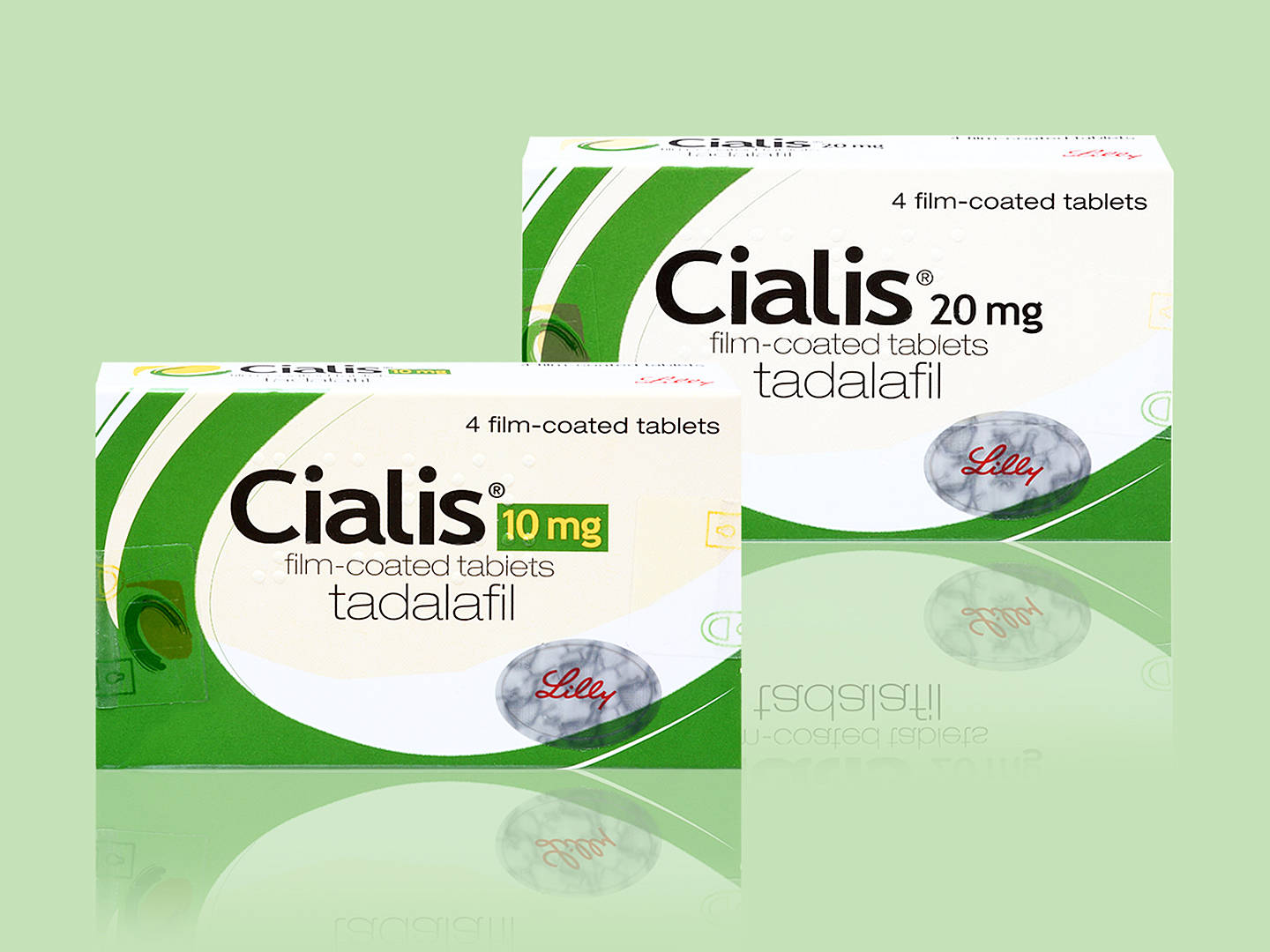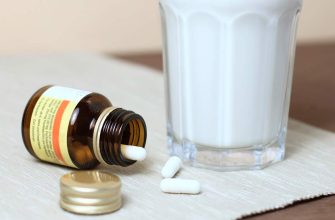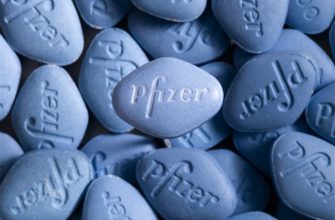The maximum recommended dose of Cialis is 20mg per day. Exceeding this amount doesn’t necessarily enhance effectiveness and can increase the risk of side effects. Remember, individual responses to medication vary.
Always consult your doctor before adjusting your dosage. They’ll consider your medical history, current medications, and overall health to determine the appropriate dosage for you. This personalized approach ensures your safety and maximizes the treatment’s benefits.
Common side effects, such as headache, flushing, and nasal congestion, are often mild and temporary. However, serious side effects, though rare, require immediate medical attention. These include prolonged erection (priapism) and sudden vision loss.
Never self-adjust your Cialis dosage. Improper use can lead to health complications. Your doctor will monitor your progress and adjust the dosage if needed, ensuring you receive the safest and most effective treatment. Open communication with your physician is key for optimal results.
- Cialis Dosage Maximum: A Comprehensive Guide
- Understanding Cialis Dosages
- Side Effects and Precautions
- Dosage Adjustments and Alternatives
- Understanding the Recommended Cialis Dosage
- Adjusting Your Dosage
- Dosage for Benign Prostatic Hyperplasia (BPH)
- Factors Influencing Dosage
- Important Note:
- Cialis Daily Dosage
- Factors Influencing Cialis Dosage Adjustments
- Health Conditions and Medications
- Age and Overall Health
- Response to Treatment
- Specific Treatment Goals
- Dosage Adjustment Summary
- Seeking Professional Guidance
- Maximum Cialis Dosage and Potential Risks
- Common Side Effects at Higher Dosages
- Interactions and Precautions
- Individualized Treatment
- Cialis Dosage and Alcohol/Drug Interactions
- Medications to Avoid with Cialis
- Other Drug Interactions
- Consequences of Ignoring Interactions
- Specific Recommendations
- When to Seek Medical Advice Regarding Cialis Dosage
- Severe Side Effects Requiring Immediate Attention:
- Situations Warranting a Doctor’s Consultation:
- Dosage Adjustments:
- Remember:
Cialis Dosage Maximum: A Comprehensive Guide
The maximum recommended dose of Cialis is 20mg per day. Exceeding this amount doesn’t increase effectiveness and may increase the risk of side effects.
Understanding Cialis Dosages
Cialis comes in various strengths: 2.5mg, 5mg, 10mg, and 20mg. Your doctor will determine the appropriate starting dose based on your individual health condition and medical history. They may adjust the dosage depending on your response to treatment and any side effects experienced. Always follow your doctor’s instructions precisely.
Side Effects and Precautions
Common side effects include headache, flushing, muscle aches, nasal congestion, and indigestion. More serious, though rare, side effects can include vision changes, hearing loss, and prolonged erection (priapism). If you experience any concerning side effects, seek immediate medical attention. Cialis interacts with certain medications, so inform your doctor about all the medications, supplements, and herbal remedies you’re taking. Individuals with heart conditions or low blood pressure should discuss Cialis use with their doctor before starting treatment.
Dosage Adjustments and Alternatives
Your doctor might adjust your dosage based on your response to treatment. If 20mg proves ineffective, they may explore alternative treatment options rather than increasing the dosage. Always consult your physician before making any changes to your medication regimen.
Understanding the Recommended Cialis Dosage
The recommended starting dose of Cialis for erectile dysfunction is 10 mg, taken as needed, at least 30 minutes before sexual activity. This dose works well for many men.
Adjusting Your Dosage
Your doctor may adjust your dosage based on your response and individual needs. They might lower it to 5 mg or increase it to 20 mg, the maximum recommended dose. Never exceed the maximum dosage without consulting your doctor.
- Lower Dose (5mg): This is typically prescribed if you experience side effects at the 10mg dose or if a lower dose is sufficient for you.
- Higher Dose (20mg): This is only used if the 10mg dose proves ineffective. Your doctor will assess the risks and benefits before prescribing this higher dose.
Dosage for Benign Prostatic Hyperplasia (BPH)
For BPH, the typical starting dose is 5 mg once daily. Again, your doctor may adjust this based on your response.
Factors Influencing Dosage
- Your age: Older men might require a lower dose.
- Your liver and kidney function: Impaired liver or kidney function may necessitate dosage adjustments.
- Other medications you’re taking: Interactions with other drugs can affect Cialis’s effectiveness and side effects.
Important Note:
Always discuss any dosage changes with your doctor. They can help determine the most appropriate dose for your specific situation and monitor you for any side effects.
Cialis Daily Dosage
Cialis is also available as a daily medication (2.5mg or 5mg). This allows for more spontaneous sexual activity, as the effects are more continuous. Your doctor will determine if this is the right option for you.
Factors Influencing Cialis Dosage Adjustments
Your doctor will determine the appropriate Cialis dosage based on several key factors. Individual responses to medication vary significantly, so personalized adjustments are common.
Health Conditions and Medications
Pre-existing health conditions, especially those affecting the liver or kidneys, significantly influence how your body processes Cialis. Concurrent use of certain medications, particularly nitrates or alpha-blockers, necessitates careful dosage adjustments or contraindicates Cialis use entirely. Always provide your doctor with a complete medication history.
Age and Overall Health
Older adults may require lower doses due to potential age-related changes in liver and kidney function. Similarly, individuals with other health concerns may need a reduced dosage to minimize side effects. Your physician will consider your general health status in their recommendation.
Response to Treatment
The effectiveness of the initial Cialis dosage determines subsequent adjustments. If you experience insufficient improvement in symptoms, your doctor might increase the dosage. Conversely, if you experience unpleasant side effects, they may reduce it. Open communication about your experience is crucial for optimal treatment.
Specific Treatment Goals
The intended use of Cialis also influences dosage. Treatment for erectile dysfunction may employ a different approach than treatment for benign prostatic hyperplasia (BPH). Your doctor will tailor the dosage to achieve the desired therapeutic outcome for your specific condition.
Dosage Adjustment Summary
| Factor | Impact on Dosage |
|---|---|
| Liver or Kidney Function | May require lower dose |
| Concurrent Medications (Nitrates, Alpha-blockers) | May require dosage adjustment or contraindicate use |
| Age | Older adults may need lower dose |
| Response to Treatment | Dosage adjusted based on efficacy and side effects |
| Specific Condition (ED vs. BPH) | Dosage tailored to specific therapeutic goals |
Seeking Professional Guidance
Remember, this information is for general knowledge and does not substitute professional medical advice. Always consult your doctor before changing your Cialis dosage or starting any new medication.
Maximum Cialis Dosage and Potential Risks
The maximum recommended dose of Cialis is 20mg per day. Exceeding this amount significantly increases the risk of side effects. Remember, this is a general guideline, and your doctor may adjust this based on your individual health and medical history.
Common Side Effects at Higher Dosages
Side effects, while generally mild, become more frequent and intense with higher doses. These can include headaches, flushing, nasal congestion, indigestion, back pain, and muscle aches. More serious side effects, though less common, include sudden vision loss or hearing loss, prolonged erection (priapism), and heart problems. Seek immediate medical attention if you experience any of these serious side effects.
Interactions and Precautions
Certain medications interact negatively with Cialis. These include nitrates (used to treat chest pain), alpha-blockers (for high blood pressure), and some antifungal medications. Inform your doctor about all medications and supplements you’re taking before starting Cialis. Pre-existing heart conditions, low blood pressure, and stroke history demand careful monitoring when using Cialis.
Individualized Treatment
Your doctor will determine the appropriate Cialis dosage for you. Factors such as your age, overall health, and the reason for taking Cialis influence this decision. Open communication with your doctor about your concerns and any side effects is crucial for safe and effective treatment. Never adjust your dosage without your physician’s guidance.
Cialis Dosage and Alcohol/Drug Interactions
Avoid alcohol consumption while taking Cialis. Mixing Cialis with alcohol can increase the risk of side effects like dizziness, headache, and low blood pressure. Limit or avoid alcohol entirely, especially when starting Cialis treatment.
Medications to Avoid with Cialis
Certain medications interact negatively with Cialis. Nitrates, such as nitroglycerin, are strictly prohibited because the combination can cause a dangerous drop in blood pressure. Alpha-blockers, commonly used to treat high blood pressure or enlarged prostate, may also interact, leading to hypotension. Discuss all your current medications, including over-the-counter drugs and supplements, with your doctor before starting Cialis.
Other Drug Interactions
Some antifungal medications and HIV medications can increase Cialis levels in your blood, potentially intensifying side effects. Grapefruit juice also inhibits Cialis metabolism, leading to similar consequences. Consult your physician about potential interactions with your specific medications and lifestyle choices.
Consequences of Ignoring Interactions
Ignoring potential interactions poses serious health risks. These risks include severe hypotension, fainting, and even heart problems. Open communication with your healthcare provider ensures safe and effective Cialis use. Always prioritize safety and inform your doctor of any changes in your health status or medication regimen.
Specific Recommendations
Before starting Cialis: Provide your doctor with a complete list of all medications and supplements. During treatment: Report any new or worsening symptoms immediately. If unsure: Always consult your physician or pharmacist before mixing Cialis with other substances or medications. Remember to adhere strictly to the prescribed dosage.
When to Seek Medical Advice Regarding Cialis Dosage
Contact your doctor immediately if you experience chest pain, irregular heartbeat, or a sudden decrease or loss of vision or hearing after taking Cialis.
Severe Side Effects Requiring Immediate Attention:
- Prolonged erection (priapism) lasting more than four hours.
- Sudden vision loss.
- Sudden hearing loss.
- Severe dizziness or lightheadedness.
- Severe allergic reactions (rash, itching, swelling, difficulty breathing).
These symptoms require urgent medical attention. Delaying treatment can lead to serious complications.
Situations Warranting a Doctor’s Consultation:
- You have pre-existing heart conditions, high blood pressure, or low blood pressure.
- You are taking other medications, particularly nitrates or alpha-blockers.
- You have a history of stroke or heart attack.
- You have kidney or liver disease.
- You have retinitis pigmentosa (a rare eye disease).
- You experience side effects that are bothersome or persistent, even if not severe.
- Your current Cialis dosage isn’t providing the desired results, or the effects are not lasting long enough.
- You are considering increasing your dosage without medical guidance.
Dosage Adjustments:
Never adjust your Cialis dosage without first consulting your doctor. They can assess your individual needs and health status to determine the safest and most effective dose.
Remember:
This information is not a substitute for professional medical advice. Always discuss any concerns about Cialis with your physician or another qualified healthcare provider before making any changes to your medication regimen.






